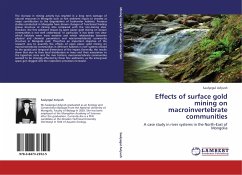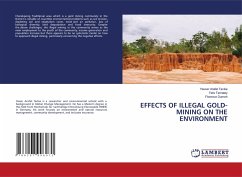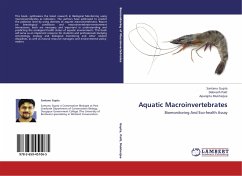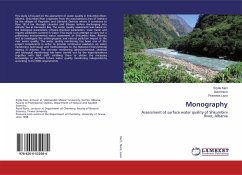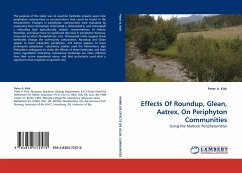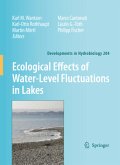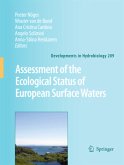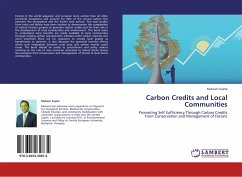The increase in mining activity has resulted in a long term damage of natural resources in Mongolia such as fine sediment inputs to streams as major contributors to the degradation of freshwater habitats. Previous studies conducted in Mongolia have shown changes of functional feeding group structure at mining sites compared with the non-mining sites. However, the fine sediment impact by open placer gold mining on stream communities is not well understood. In particular, it has been not clear which habitats were most sensitive and which relationships between physical and chemical parameters and macroinvertebrate community structure in Mongolia exist. Therefore an important objective of the research was to quantify the effects of open placer gold mining on macroinvertebrate communities in different habitats in river systems related to the spatial and temporal dimensions of the impact.Generally, the results show that due to their local distribution in rivers and their association tothe hyporheic zone and the river bottom, macroinvertebrate communities seemed to be strongly affected by these fine sediments, as the intergravel space got clogged and the respiration processes increased.
Bitte wählen Sie Ihr Anliegen aus.
Rechnungen
Retourenschein anfordern
Bestellstatus
Storno

